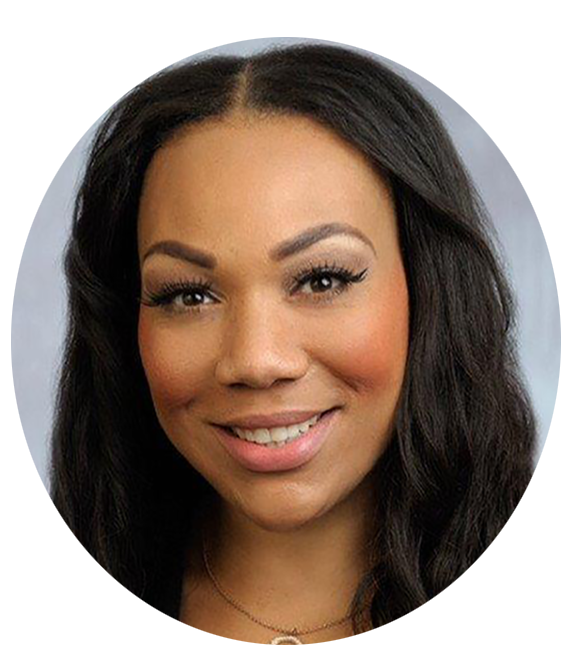Enter zip code for location specific information.
INFO :
Fulton Bank is continuing to grow across the region! Fulton Bank completes Republic Bank transaction. Check out our press release. Read More.At work, at home, and in your community.
Written By: Quianna Agent-Phillips, Chief Diversity Officer, Co-Chair DEI Council
You may have heard the words ally or allyship, but what does being an ally truly mean?
Allyship is a lifelong process of building and nurturing supportive relationships with underrepresented, marginalized, or discriminated individuals or groups with the goal of creating genuine inclusion. It means operating from a place of trust, empathy, consistency, and accountability in a way that serves diversity, equity, and inclusion, regardless of one’s identity.
I am enthusiastic about being an ally and role modeling inclusive behaviors to support others on their pathway to allyship. As Chief Diversity Officer, it is important to me that allyship— creating an environment where everyone has a sense of belonging— is front and center in our workplace and communities. At Fulton Bank, we are focused on training and educating employees on the importance of being an ally at work and in their daily lives. A good place to start is with these 3 ways to become an ally.

"As Chief Diversity Officer, it is important to me that allyship— creating an environment where everyone has a sense of belonging— is front and center in our workplace and communities."
Seek out resources to help you learn about current issues and trends. Have open and honest conversations with marginalized groups to learn and deepen your understanding of their experience and obstacles they may have faced.
No one is perfect, you may say or do something inappropriate or make missteps. It’s ok. The important thing is that you’re aware, learning and continuing to work on being a better ally.
Sometimes, people have the misconception that being an ally requires a large commitment, like joining a committee or organization. But it can be simple things you do each day like listening without judgment and having an open mind.
The 3 Cs, Candor, Compassion, and Courage can be a guide for you to become a lasting ally for your co-workers and communities.
You don’t have to be a leader at work or in your community to make an impact. When you change your behavior, people around you will take notice and could be inspired to change their behavior.
If you happen to have a leadership role at work or in your community, you play a vital role in driving change. Help to foster an environment of respect and inclusion by amplifying the voices of those who are underrepresented and ensure you’re addressing instances of bias or discrimination promptly and transparently. You can advocate for diverse candidates when filling roles and help create opportunities for growth for current team members.
One person, one ally at a time can make a powerful impact. I hope these ideas will inspire you to learn more and to begin the process of becoming a better ally in your work and in your community. Like any journey, it begins with the first step. Ultimately, allyship is more than one action— it’s a series of ongoing actions with the goal of understanding and appreciating others for who they are as people.
